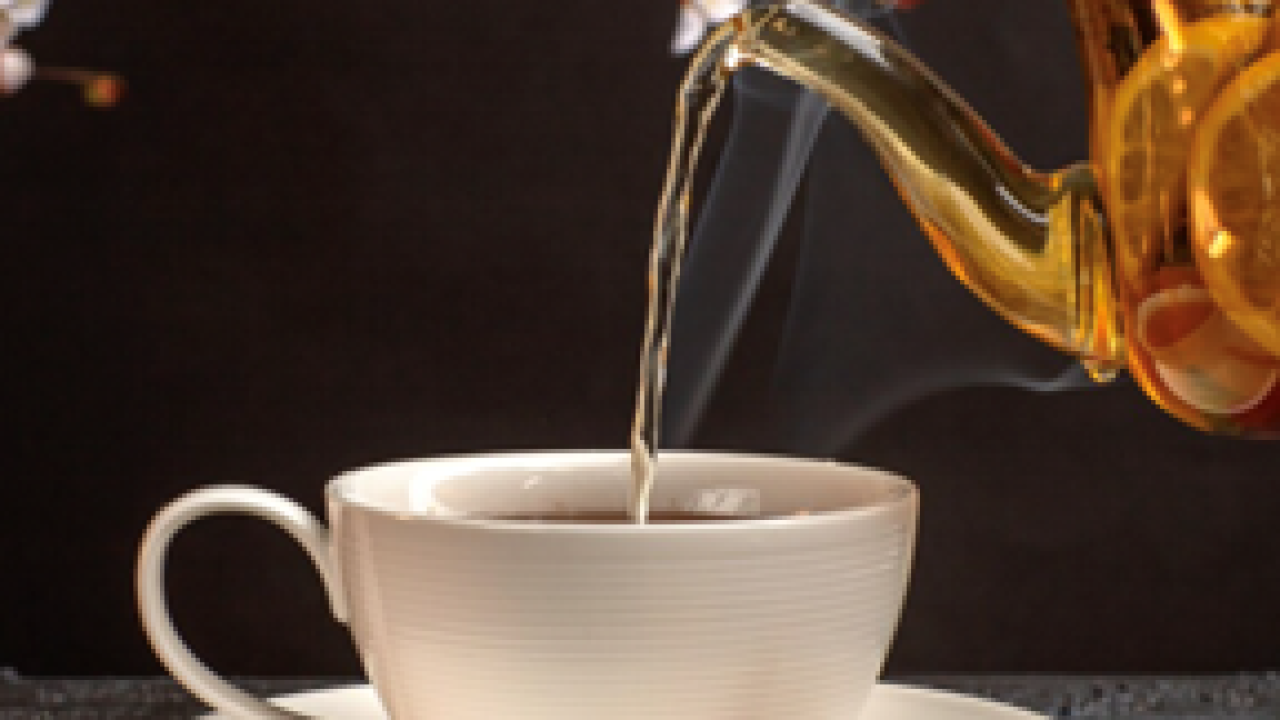
Caffeine and Tea
By Nutrition Peer Counselor Yiman Li
As a college student, you're likely familiar with the ritual of reaching for a cup of tea or coffee to kickstart your morning or to power through a late-night study session. But have you ever considered the caffeine content in your tea and why it matters? In this article, we'll delve into the world of tea, focusing on its caffeine content and exploring why caffeine is a subject of concern for many.
Understanding Caffeine in Tea
Caffeine, a natural stimulant found in tea leaves, is known for its ability to boost alertness and energy levels. However, the caffeine content can vary significantly among different types of tea. This variation is influenced by factors such as the type of tea leaf, processing methods, and brewing time.
1. Black Tea: Black tea typically contains the highest caffeine content among teas, averaging about 60-110 mg per 8 oz cup. Its robust flavor and higher caffeine level make it a popular choice for those needing a stronger boost.
2. Green Tea: Green tea offers a milder caffeine kick, generally containing around 20-40 mg per 8 oz cup. It's a great option for those who prefer a gentler, soothing effect.
3. White Tea: Known for its delicate flavor, it has the lowest caffeine content, ranging from 15-30 mg per 8 oz cup. It's ideal for those who are sensitive to caffeine or prefer a lighter beverage.
4. Oolong Tea: Oolong tea falls somewhere between green and black teas regarding caffeine content, usually containing about 30-50 mg per 8 oz cup. It offers a balanced choice for those who enjoy a medium stimulation level.
5. Herbal Teas: Generally, herbal teas (like chamomile or peppermint) are caffeine-free. However, it's important to check the labels as some blends might include tea leaves that contain caffeine.
Factors Affecting Caffeine Levels
Brewing Time: Longer brewing times can extract more caffeine.
Water Temperature: Hotter water can extract caffeine more efficiently.
Tea Leaf Cut: Finely cut tea leaves release caffeine faster than whole leaves.
Why is Caffeine a Concern?
While caffeine is celebrated for its ability to enhance focus and energy, it's not without its downsides. Excessive caffeine intake can lead to:
Sleep Disturbances: Caffeine can interfere with your sleep cycle, leading to insomnia or poor sleep quality.
Increased Anxiety: High doses of caffeine can exacerbate anxiety symptoms.
Digestive Issues: Some individuals might experience stomach discomfort or acid reflux.
Recommended Intake
It's generally recommended that adults limit their caffeine intake to about 400 mg per day. As a student, it's crucial to balance the need for alertness with the potential side effects of too much caffeine.
Alternatives to High-Caffeine Tea
If you're concerned about your caffeine intake, consider:
Decaffeinated Tea: These teas undergo a process to remove most of the caffeine while retaining the flavor.
Herbal Teas: Naturally caffeine-free, these can be a great alternative for a relaxing drink.
Shorter Brewing Times: Reducing the time you brew your tea can lower its caffeine content.
References:
https://www.medicalnewstoday.com/articles/which-tea-has-the-most-caffeine
https://artfultea.com/blogs/101/caffeine-in-tea
https://www.webmd.com/vitamins/ai/ingredientmono-979/caffeine
